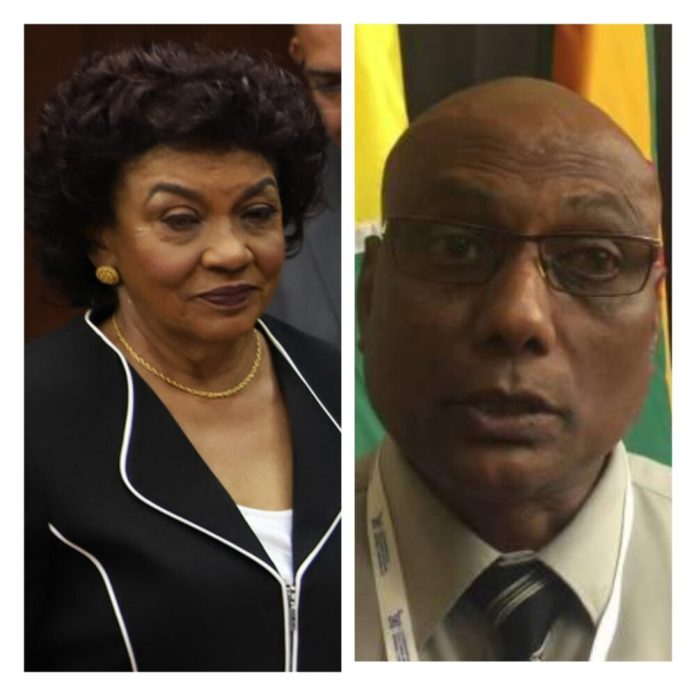Under the direction of GECOM Chairperson, retired Justice Claudette Singh, the Guyana Elections Commission (GECOM) has faced significant criticism for its inaction regarding longstanding issues surrounding the integrity of the voters’ list. This criticism has intensified despite numerous recommendations from the Caribbean Community (CARICOM), the European Union (EU), and various observer missions following the 2020 General and Regional Elections (GRE).
Following the 2020 GRE and the subsequent recount exercise, the CARICOM Election Observer Mission recommended that GECOM conduct a comprehensive re-registration of voters, highlighting serious concerns about an inflated voter registry. The CARICOM team noted, “It is clear that given the state of the voter registration of the country, Guyana was not adequately prepared for the 2020 poll.” They emphasized the need for a new voter registry, particularly due to valid suspicions regarding the bloating of the 2020 register.
At that time, the Voters List comprised approximately 660,000 names, which accounted for around 85% of Guyana’s population. However, this figure was met with skepticism, raising questions about the registry’s accuracy and reliability. In its 2020 Observation Report, the EU echoed these concerns, calling for GECOM to revamp the voter registration process and recommending a “thorough update” of the outdated register. The report underscored the necessity for inclusive consultations, political consensus, and improved access to registration facilities, both in terms of location and registration timelines.
Despite these urgent recommendations, GECOM has failed to make substantial progress in rectifying these issues. The Preliminary Voters List (PLE) released in July/August 2022 revealed a troubling increase to 684,354 voters, representing over 91% of the total population. By January 2025, the PLE had swelled to 738,484 names, which is approximately 98% of an estimated population between 750,000 and 780,000, taking into account the country’s high outward migration rates.
Critics have expressed that such a large voters’ list is not only unwieldy but also raises serious questions about its accuracy. They advocate for the implementation of biometric systems to mitigate voter fraud, deeming this even more critical given the size of the voters’ list. The lack of initiative on GECOM’s part to address these pressing concerns has fueled frustration among opposition members and civil society organizations alike.
In response to these issues, Chief Election Officer (CEO) Vishnu Persaud has acknowledged the importance of biometrics in curbing voter fraud and bolstering the electoral process’s credibility. However, rather than emphasizing actionable steps for implementation, Persaud has focused on discussing potential obstacles that could impede the effectiveness of biometric systems. Critics contend that while these challenges warrant attention, GECOM should prioritize formulating strategies to surmount them rather than delaying the adoption of biometric voter registration and verification.
The ongoing failure to heed these recommendations, particularly as the country approaches its next electoral cycle, has sparked increasing demands for reform. With elections constitutionally slated for later this year, there are calls to postpone the process to ensure the implementation of biometric verification, which would help alleviate concerns regarding voter fraud and the overall integrity of the electoral system.


